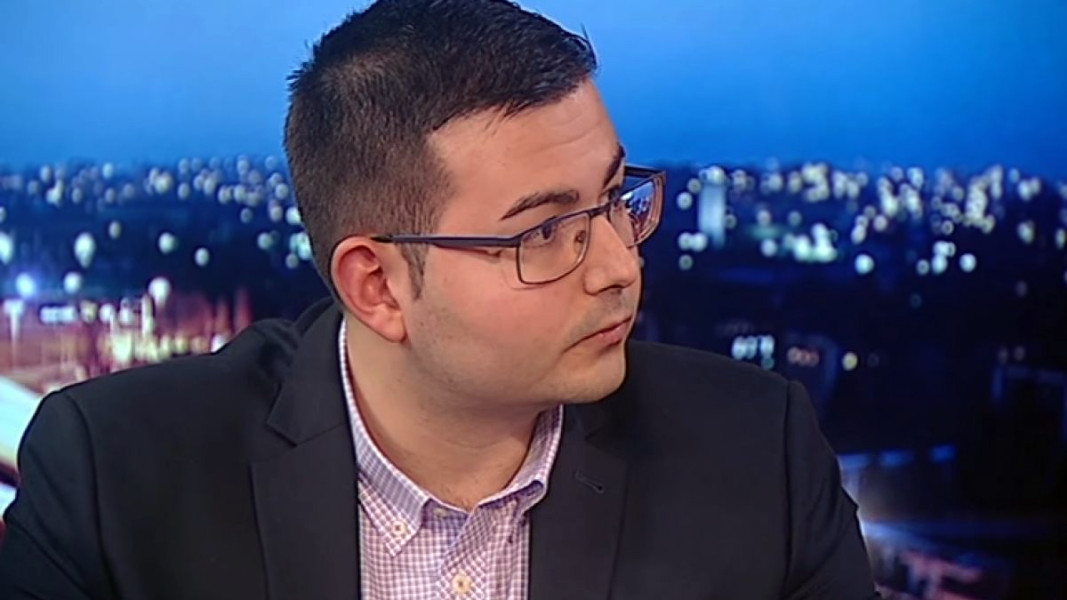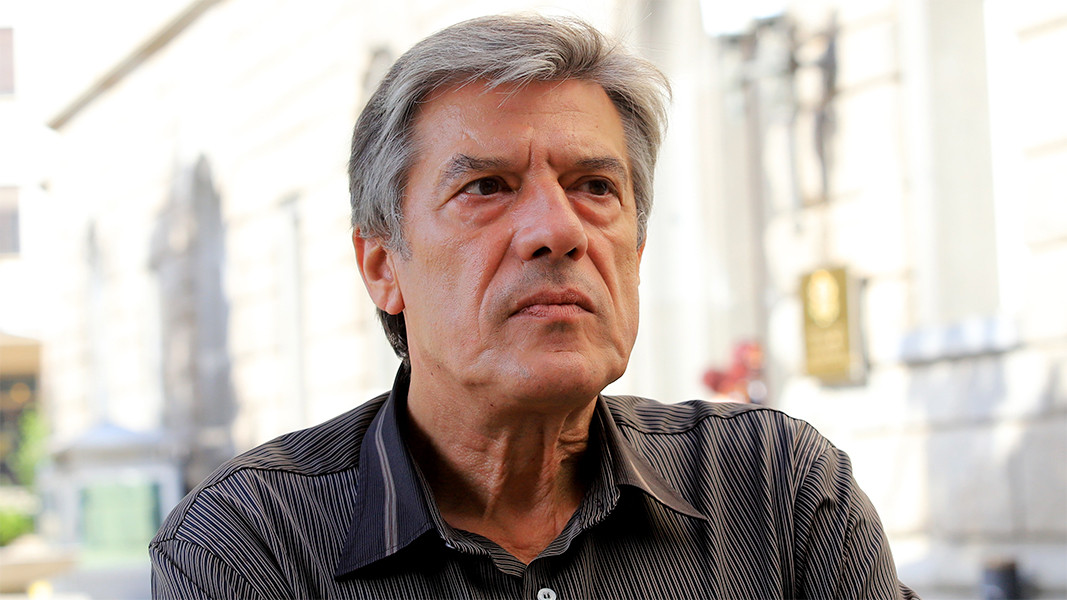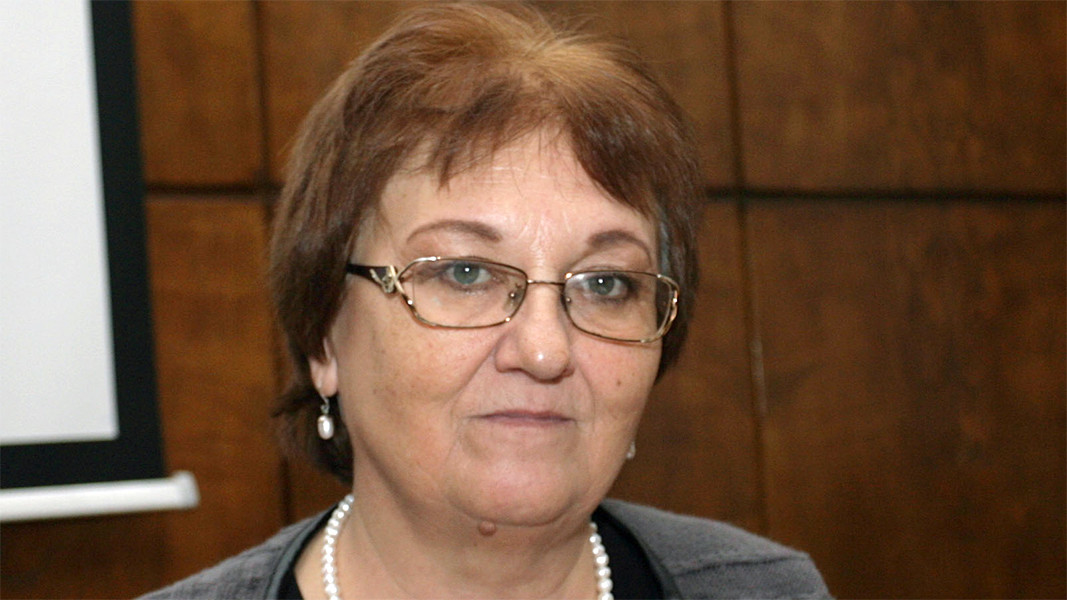On Friday, immediately after the candidate for prime minister of "We Continue the Change" Asen Vassilev received his mandate to form a government by the president, his party began negotiations for a new cabinet within the current 47th National Assembly. After holding meetings with the BSP, Democratic Bulgaria and independent lawmakers, one thing is clear at this stage - the government can count on 116 votes, which is not enough to be constituted and start work.
Talks between We Continue the Change and other MPs are ongoing until Friday, when - if unsuccessful - the party is due to return the mandate to the president. Yesterday, in a post in the social networks, Slavi Trifonov, the leader of There is such a People party, once again attacked his former coalition partners, accusing them of trying to coerce all the MPs from his party to support a government formed by Assen Vassilev and wished them to "choke on power".

"What Slavi Trifonov wrote yesterday sounded as if he had been put in a position to face a fait accompli, that is, the talks held with the ITN deputies seem to have been productive for the We Continue the Change," political analyst Emil Sokolov pointed out in an interview with BNR.
On the other hand, political analyst Antony Galabov is more sceptical about the success of Assen Vassilev in securing the necessary support for his cabinet.

"I cannot be optimistic as to the outcome of these negotiations, but it is indisputable that an effort will be made. Even in the short term, there is no way to guarantee the support of independent MPs in plenary for the goals set by We Continue the Change. I do not believe that, given the current relations between the parliamentary groups, it is possible to form a so-called Euro-Atlantic coalition either. We have heard from the MRF that they will seek one, but only after an elections. It seems to me that GERB's position is not much different, so I consider early elections very likely."
Political analyst Milena Stefanova also expects early elections. In her words:

"Despite the initial euphoria of the formation of the four-party coalition at the end of last year, the six-month period of rule has shown that they have not learned their lessons of ruling a modern democratic country. Its break-up was therefore a logical development. The insufficient number of MPs of the three remaining coalition parties does not indicate the formation of a successful cabinet."
Compiled by: Ioan Kolev
Photos: BGNES, archivePrime Minister of North Macedonia: We will not give up on EU membership but we will not be kneeling down Assessing the first 100 days of his cabinet, North Macedonian Prime Minister Hristijan Mickoski reported that the..
Albania to start substantive EU accession negotiations on 15 October The EU's permanent representatives in Brussels have unanimously decided to open accession negotiations with Albania. The process will start on 15 October with an EU-Albania..
From today, 27 September, Bulgaria is once again in a 30-day election campaign. 28 parties and 11 coalitions have registered with the Central Election Commission to take part in the next early parliamentary elections, and 19 parties and 9 coalitions..
The members of parliament will continue their session at 10 AM on November 22, following yet another unsuccessful attempt to elect a Speaker of the..
The coalition We Continue the Change-Democratic Bulgaria (PP-DB) , which came second in the October 27 parliamentary elections, has accepted an invitation..
A new party called Bulgaria Can (Bulgaria Mozhe) was founded today. Its leaders are the political and economics analyst Kuzman Iliev and the former MP..

+359 2 9336 661
